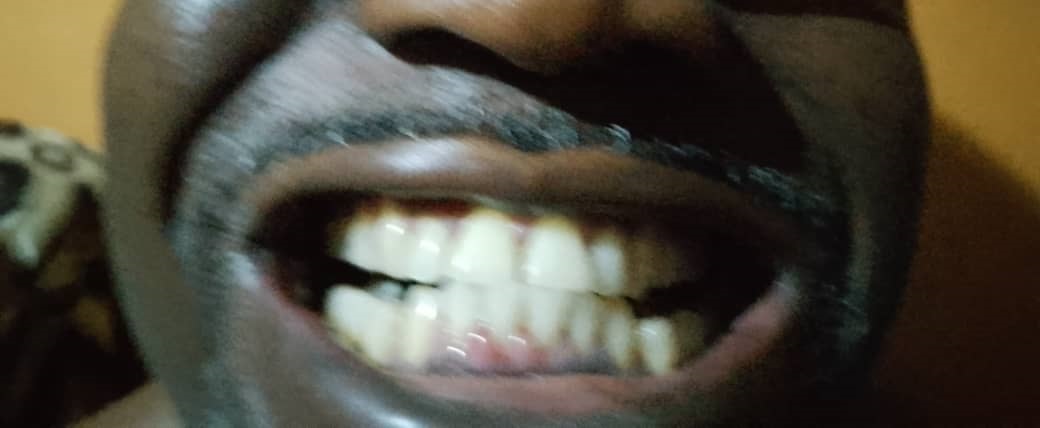
There was once a popular Nigeria toothpaste advert in the 70s. The signature tune and lyric was “I won’t do till you’ve done, till you’ve done it …” It’s an advert to sell a brand of toothpaste and prevent the embarrassment mouth odour can cause when your’e with your pal.
Another name for bad breath is halitosis.
Halitosis is an oral health problem where the main symptom is bad-smelling breath. In most cases, finding the cause of the bad breath is the first step toward treating this preventable condition.
What are the symptoms of halitosis?
The main symptom of halitosis is a bad odor from the mouth that is considered beyond a socially acceptable level. The odour can be worse in the morning or after smoking, drinking coffee, or eating certain foods.
What causes bad breath?
Halitosis may be caused by the following:
Poor oral health care. Without correct and regular brushing and flossing, and routine dental exams, food remains in the mouth. This is a breeding ground for bacteria. Food that collects on the teeth, gums, and tongue may rot. This causes an unpleasant odor and taste in the mouth.
Improper cleaning of dentures. Dentures that are not cleaned correctly may be collecting bacteria, fungi, and remaining food particles, which cause bad breath.
Certain foods. The things you eat are linked to your oral health, including your breath. Items such as garlic and onions, or any food, are absorbed into the bloodstream. Until that food leaves the body, it has the potential to affect your breath.
Bacteria on the tongue. Certain bacteria on the back of the tongue can interact with amino acids in foods and produce smelly sulfur compounds.
Periodontal disease: One of the main symptoms of this gum disease is bad-smelling breath and an unpleasant taste in the mouth. This condition needs immediate care by an oral health professional.
Dry mouth (Xerostomia). When there is a major decrease in saliva production, the mouth can’t cleanse itself and remove debris and particles left behind by food. Dry mouth may be caused by certain medicines, a salivary gland disorder, or by always breathing through the mouth instead of the nose.
Tobacco products: Cigarettes, cigars, smokeless tobacco, and snuff stain the teeth and put the body at risk for a host of diseases. But they also help cause bad breath. Tobacco users also are at higher risk for the following: Periodontal disease, Loss of ability to taste, Irritated gums, and Oral cancer.
Health condition. Bad breath may be a symptom of any of the following conditions. See your healthcare provider for a diagnosis: A respiratory infection, Infection of the nose, windpipe, or lungs, Chronic bronchitis, Postnasal drip
Chronic sinusitis, Diabetes, A gastrointestinal disorder, A liver or kidney disorder.
TREATMENT
If the bad breath is due to improper oral healthcare, in most cases your dentist will treat the cause of the problem.
If the cause is an underlying gum disease, the condition may be treated by your dentist. Or you may be referred to an oral specialist–in most cases, a periodontist who will remove the bacteria, tartar, or plaque that has built up and is causing inflammation at the gum.
Your dentist may recommend an antimicrobial mouth rinse. Also, you may recommend that you brush your tongue gently each time you brush your teeth to help remove odor-causing bacteria.
Diagnosis and treatment of an existing health condition may get rid of the bad breath.
Kindly like, share, and leave your comments.





















